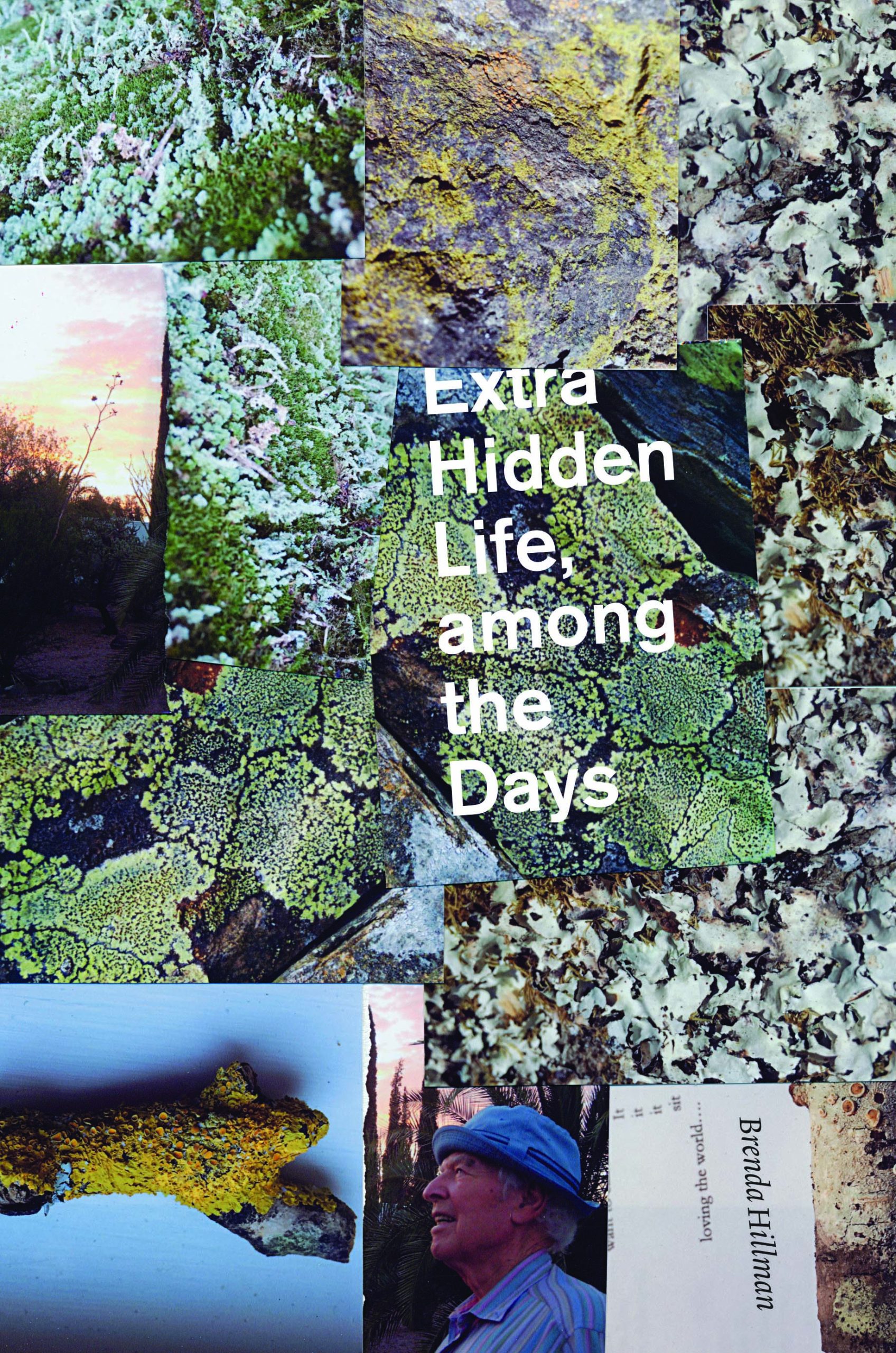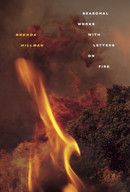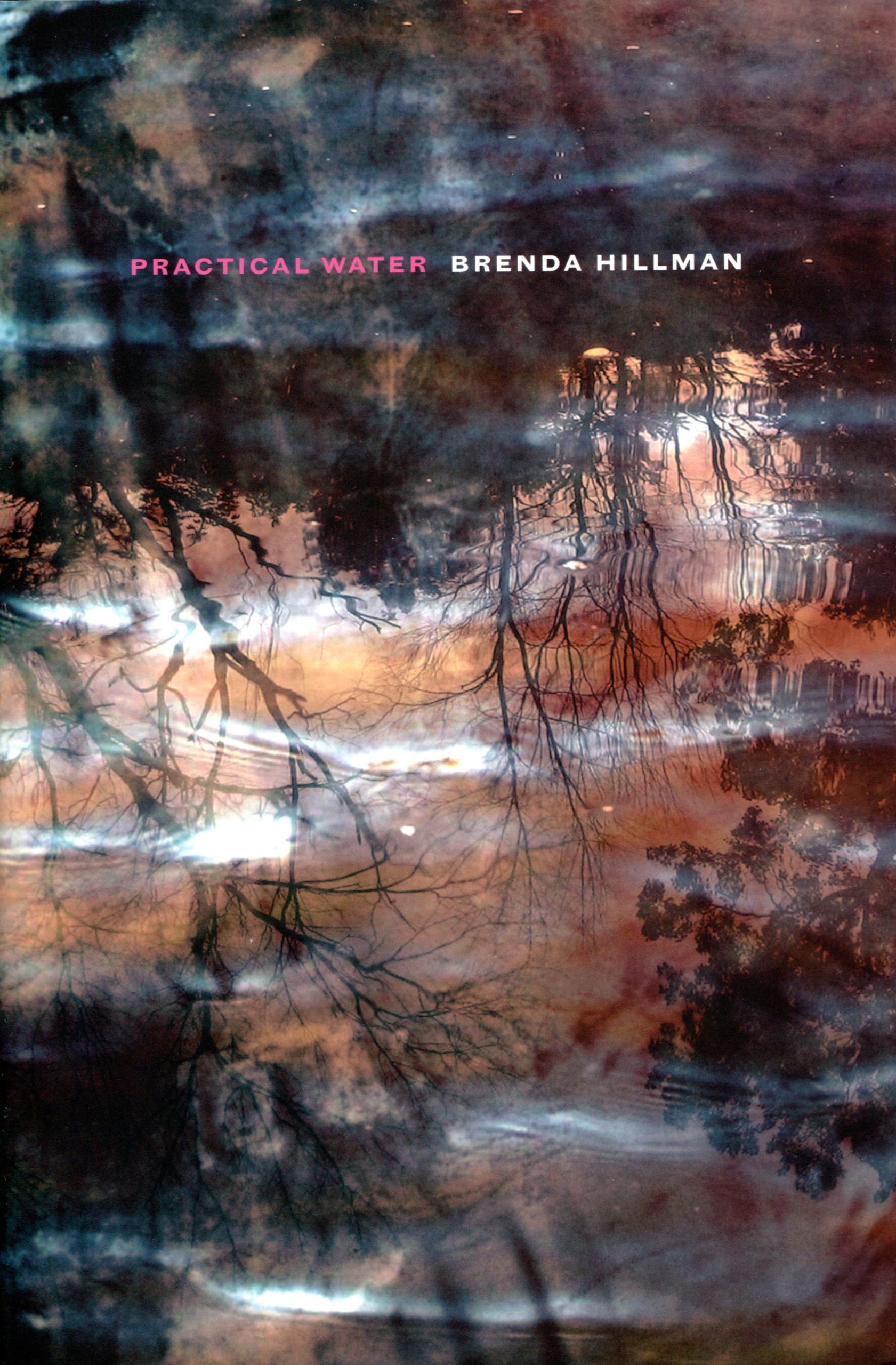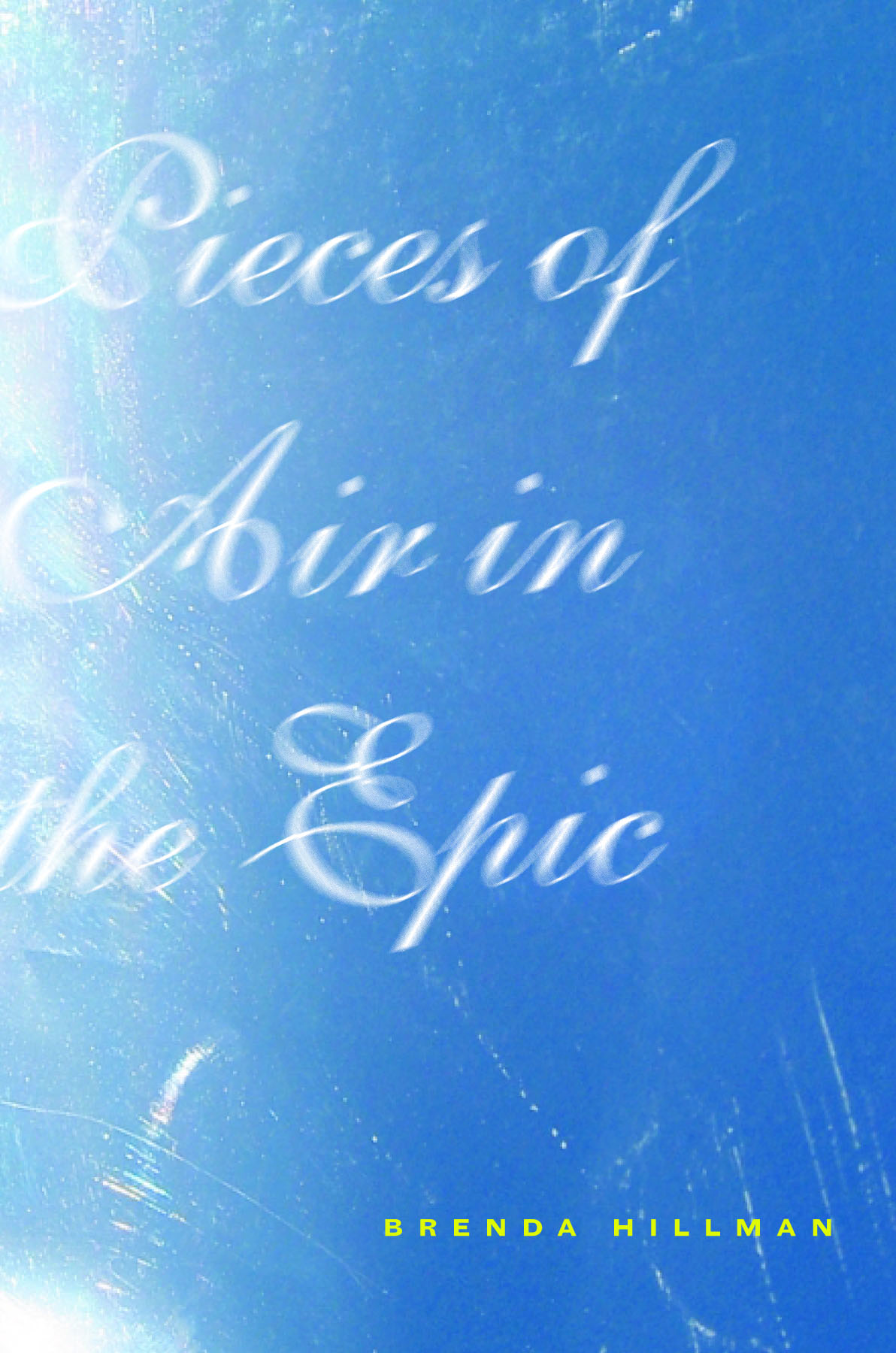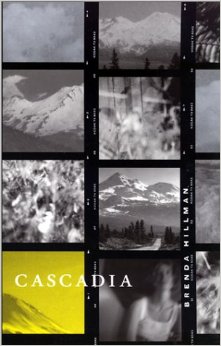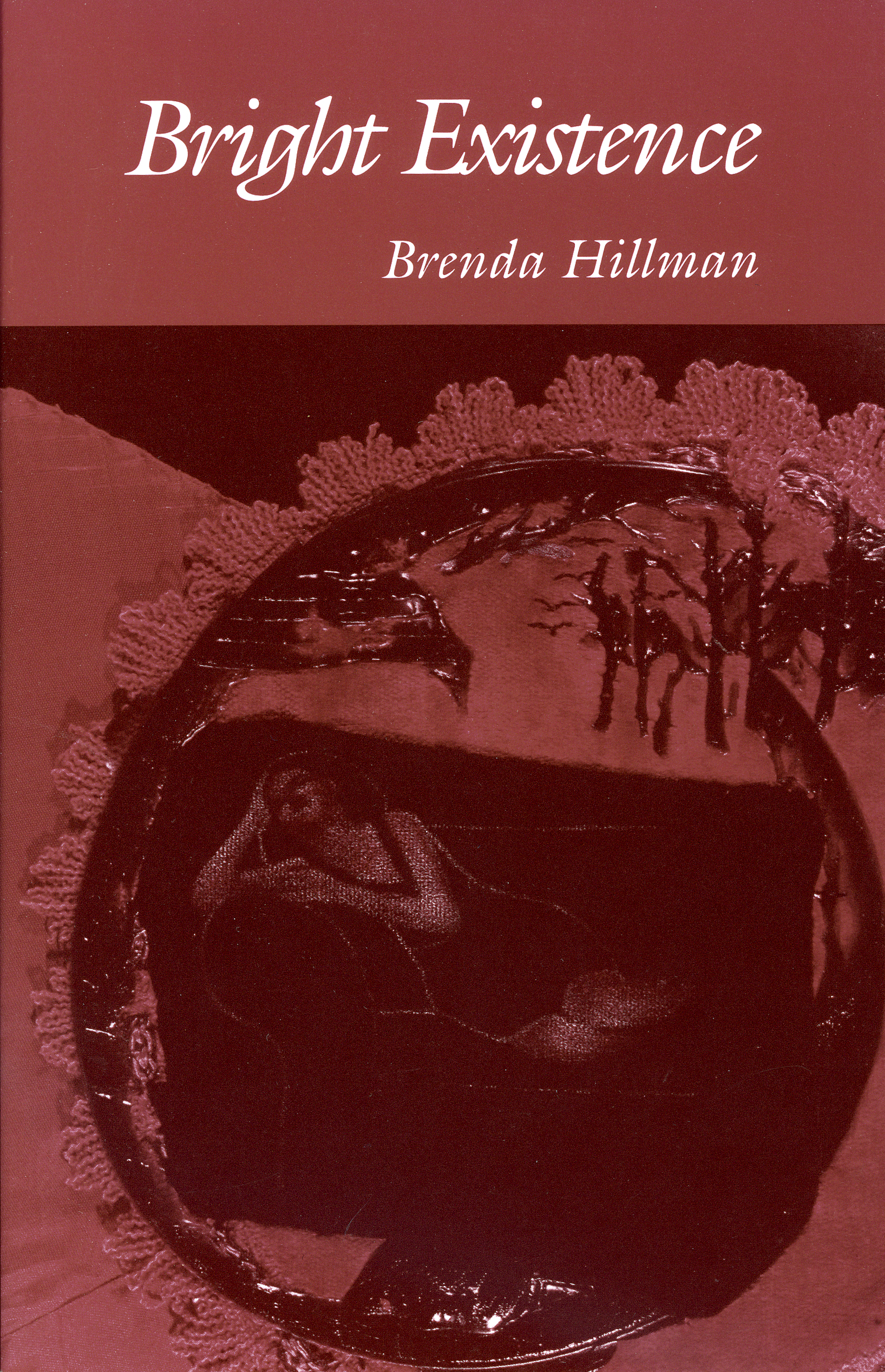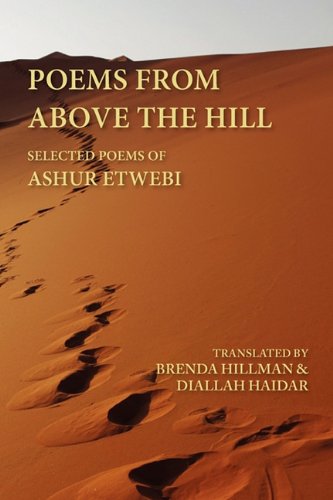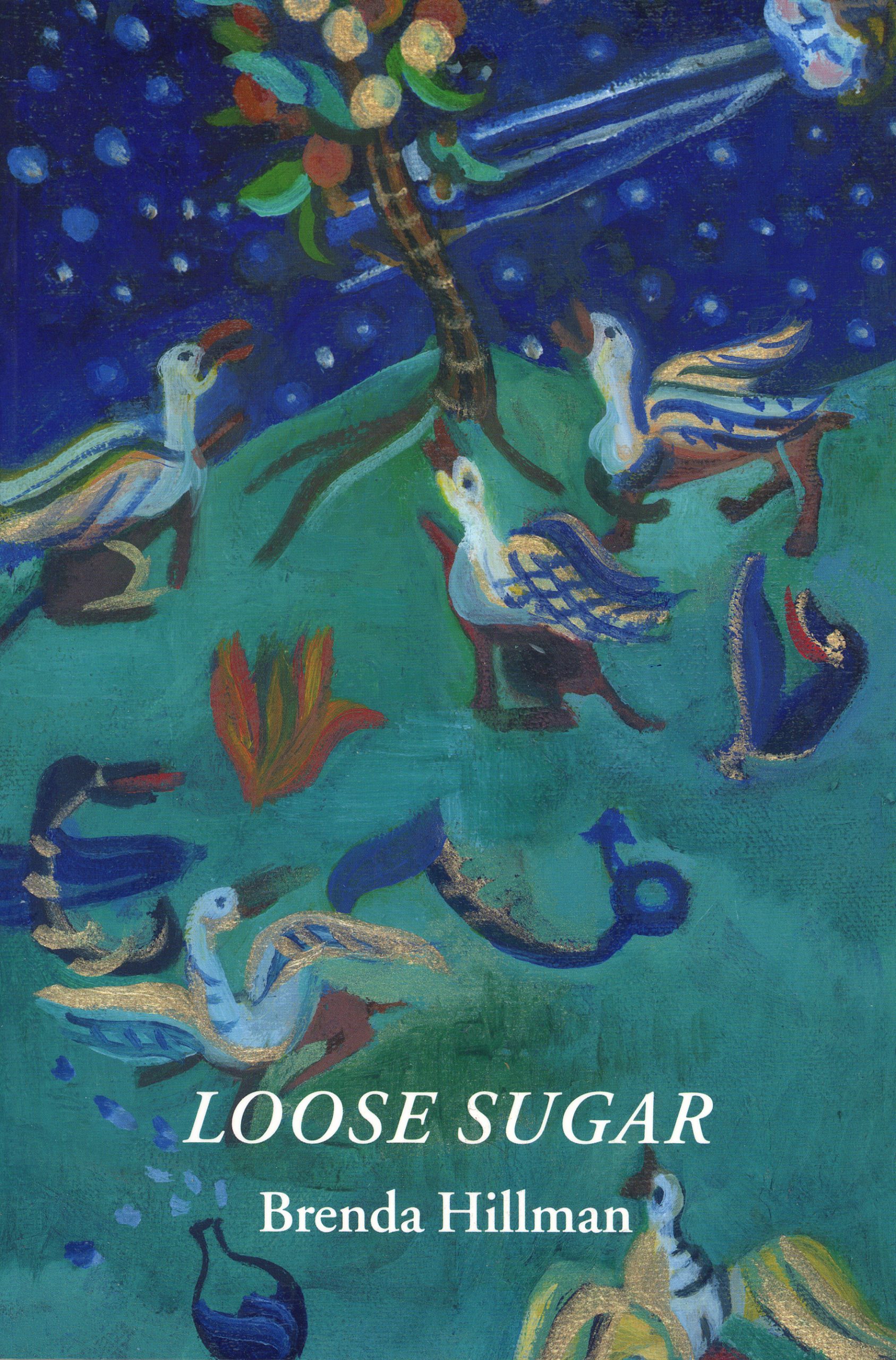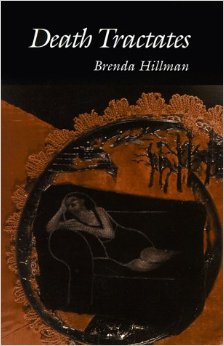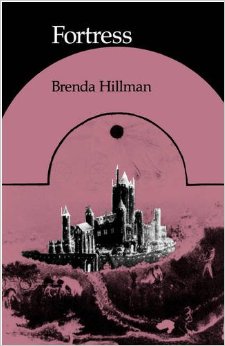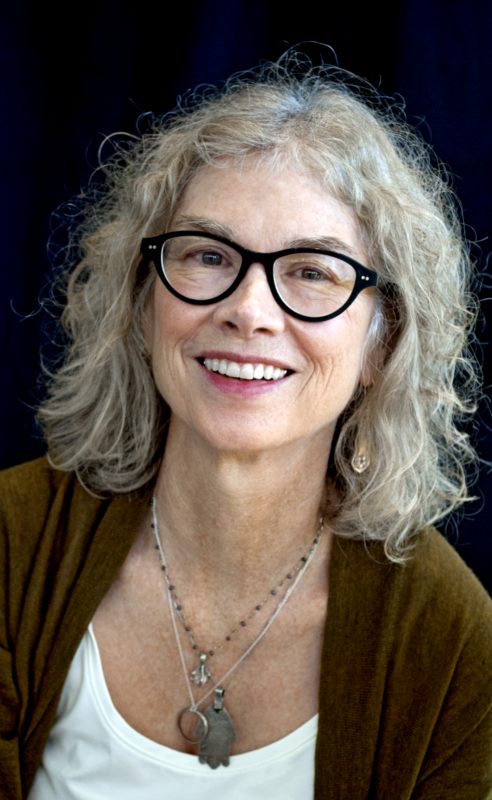

Brenda Hillman
Award-winning Poet
Griffin Poetry Prize-winner
Non-violent Activist
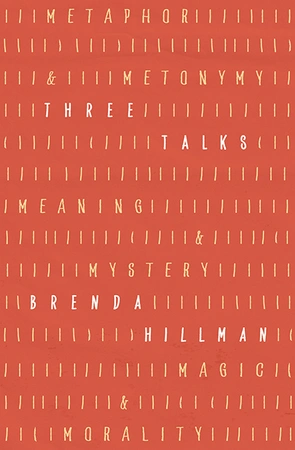
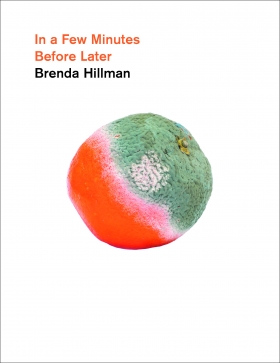
Readings &
Lecture Topics
- Poetry & Activism
- Poetry & The Environment
- An Evening with Brenda Hillman
Biography
“Each poem that Hillman writes creates its own experimental configuration, within which the phrase swerves and discombobulates…She writes as if the lyric poem had a political calling.” —Marjorie Welish
“I know that the truths Hillman expresses enter as the truths of dreams can enter, if I let them, catching me off guard and realigning what I thought I knew and how I thought I’d come to know it.” —Camille T. Dungy
“Hillman reminds us that one of the functions of art is to disturb: to startle us out of the ossified, inflexible forms of the routine and conventional. In this, Hillman has a particularly American genius.”—Boston Review
“Hillman’s work will find a ready audience in poets of her own generation, as well as those younger poets following in her footsteps, in whose hands the category of ‘ecopoetry’ has exploded, sporelike, into countless unnamed species.” —Publisher’s Weekly
Brenda Hillman has published more than ten collections of poetry, all from Wesleyan University Press. In five of her most recent collections, Extra Hidden Life, Among the Days (2018); Seasonal Works with Letters on Fire (2013); Practical Water (2009), Pieces of Air in the Epic (2005), and Cascadia (2001), each book receives her ‘sustained attention’ to one the natural elements. A Publishers Weekly starred review of Extra Hidden Life, Among the Days elucidates, “Having written four previous books each addressing one of the four traditional elements of nature, here she considers wood as a fifth element, making her hieroglyphic way through ‘forests of grief’ as might one of the book’s beloved beetles, ‘pressing/ their whole jeweled bodies/ in the beauty of the bark.’ Neither simply empirical nor transcendental, Hillman’s poetry takes what she calls ‘woodmind’—a sort of deep attention to natural processes—and applies it to notions of human action, recollection, imagination, and craft.” Her most recent collection, In a Few Minutes Before Later (2022), is her third book about time.
Most recently, she is also the author of Three Talks:Metaphor and Metonymy, Meaning and Mystery, Magic and Morality. Hillman’s first prose collection, and with a forward by Brian Teare, this collection of short essays expands on the six M’s of the art of poetry make the form accessible in a novel way, exploring words that might appear incompatible but become dancing partners in Hillman’s artistic vision: metaphor and metonymy; meaning and mystery; magic and morality. First delivered as a series of talks at the University of Virginia, the essays maintain a casual, intimate tone. A consummate artist and technician, Hillman explores a wide array of poetic examples, focusing on method, subject matter, and inspiration to demonstrate how the skills offered by poetry have become critically important for our present moment.
Practical Water won the LA Times Book Award for Poetry. Seasonal Works with Letters on Fire received the International Griffin Poetry Prize for 2014, as well as the Northern California Book Award for Poetry and the California Book Award Gold Medal in Poetry. Dean Rader wrote, “Seasonal Works With Letters On Fire is a profoundly humane work. In language that moves from the chatty to the experimental to the heightened to the rhetorical, Hillman shows us once again that poetry is itself a tireless worker, always on our behalf.”
Hillman is also the author of the collections Loose Sugar (1997), Bright Existence (1993), Death Tractates (1992), Fortress (1989), and White Dress (1985), and three chapbooks Coffee, 3 A.M. (Penumbra Press, 1982), Autumn Sojourn (Em Press, 1995), and The Firecage (a+bend press, 2000). Hillman has edited an edition of Emily Dickinson’s poetry for Shambhala Publications, and, with Patricia Dienstfrey, co-edited The Grand Permission: New Writings on Poetics and Motherhood (2003). She co-translated, with Diallah Haidar, Poems from Above the Hill: Selected Poems of Ashur Etwebi, one of Libya’s most significant poets. In 2010 she co-translated Jeongrye Choi’s book of poems, Instances, released by Parlor Press. With Helen Hillman and Sebastião Macedo, she has translated At Your Feet by Brazilian poet Ana Cristina Cesar, to be published by Parlor Press/Free Verse Editions in 2018.
In 2016 she was named Academy of American Poets Chancellor. Among other awards Hillman has received are the 2012 Academy of American Poets Fellowship, the 2005 William Carlos Williams Prize for poetry, and Fellowships from the National Endowment for the Arts and the Guggenheim Foundation.
Included in their list of “50 of the Most Inspiring Authors in the World,” Poets & Writers states, “[Hillman] reminds us that the language we use when ordering a sandwich is also the language we use to make art. Her environmental concerns prove writers can offer more than just aesthetic pleasure.” Hillman has been increasingly interested in the innovative and experimental lyric traditions, particularly in how the Romantic concepts of nature and spirit have manifested in contemporary ecological and political poetry. In her essay entitled “Split, Spark, and Space,” Hillman writes about the emergence of different kinds of lyric impulses in her writing: “The sense of a single ‘voice’ in poetry grew to include polyphonies, oddly collective dictations, and the process of writing itself. This happened in part because of a rediscovered interest in esoteric western tradition and in part because I came to a community of women who were writing in exploratory forms….A poetic method which had heretofore been based on waiting for insight suddenly had to accommodate process, and indeterminate physics, a philosophy of detached looking.”
Hillman is the Olivia Filippi Professor of Poetry at Saint Mary’s College in Moraga, California, where she teaches in the undergraduate and graduate programs. She is also a member of the permanent faculties of Napa Valley Writers’ Conference and of Squaw Valley Community of Writers. Hillman is also involved in non-violent activism for social and environmental justice. She is married to poet Robert Hass.
Short Bio
Brenda Hillman is the author of numerous collections of poetry: White Dress, Fortress, Death Tractates, Bright Existence, Loose Sugar, Cascadia, Pieces of Air in the Epic, Practical Water, for which she won the LA Times Book Award for Poetry, Seasonal Works with Letters on Fire,which received the 2014 Griffin Poetry Prize and the Northern California Book Award for Poetry; Extra Hidden Life, Among the Days; and her most recent In a Few Minutes Before Later. In 2016 she was named Academy of American Poets Chancellor. Among other awards Hillman has received are the 2012 Academy of American Poets Fellowship, the 2005 William Carlos Williams Prize for poetry, and Fellowships from the National Endowment for the Arts and the Guggenheim Foundation.
Visit Author WebsiteVideos
Publications
Three Talks: Metaphor and Metonymy, Meaning and Mystery, Magic and Morality
Literary Criticism, 2024
Three Talks is the first prose collection by the award-winning poet and educator Brenda Hillman. These short essays on six M’s of the art of poetry make the form accessible in a novel way, exploring words that might appear incompatible but become dancing partners in Hillman’s artistic vision: metaphor and metonymy; meaning and mystery; magic and morality.
First delivered as a series of talks at the University of Virginia, the essays maintain a casual, intimate tone. A consummate artist and technician, Hillman explores a wide array of poetic examples, focusing on method, subject matter, and inspiration to demonstrate how the skills offered by poetry have become critically important for our present moment.
In a Few Minutes Before Later
Poetry, 2022
An iconoclastic ecopoet who has led the way for many young and emerging artists, Brenda Hillman continues to re-cast innovative poetic forms as instruments for tracking human and non-human experiences. At times the poet deploys short dialogues, meditations or trance techniques as means of rendering inner states; other times she uses narrative, documentary or scientific materials to record daily events during a time of pandemic, planetary crisis, political and racial turmoil. Hillman proposes that poetry offers courage even in times of existential peril; her work represents what is most necessary and fresh in American poetry.
Extra Hidden Life, Among the Days
2018
“Neither simply empirical nor transcendental, Hillman’s poetry takes what she calls ‘woodmind’—a sort of deep attention to natural processes—and applies it to notions of human action, recollection, imagination, and craft.” —Publishers Weekly, starred review
Brenda Hillman begins her new book in a place of mourning and listening that is deeply transformative. By turns plain and transcendent, these poems meditate on trees, bacteria, wasps, buildings, roots, and stars, ending with twinned elegies and poems of praise that open into spaces that are both magical and archetypal for human imagination: forests and seashores. As always, Hillman’s vision is entirely original, her forms inventive and playful. At times the language turns feral as the poet feels her way toward other consciousnesses, into planetary time. This is poetry as a discipline of love and service to the world, whose lines shepherd us through grief and into an ethics of active resistance. Hillman’s prior books include Practical Water and Seasonal Works with Letters on Fire, which received the Griffin Prize for Poetry. Extra Hidden Life, Among the Days is a visionary and critically important work for our time.
Seasonal Works with Letters on Fire
2013
“Hillman’s devotion to social justice—her unwavering belief in poetry’s capacity to address root causes of our political strife—ultimately purifies our fallen world in the languages of elemental fire.” —Karen An-Hwei Lee, Iowa Review
The final volume in the poet’s extraordinary tetralogy on earth, air, water, and fire. Fire—its physical, symbolic, political, and spiritual forms—is the fourth and final subject in Brenda Hillman’s masterful series on the elements. Her previous volumes—Cascadia, Pieces of Air in the Epic, Practical Water—have addressed earth, air, and water. Here, Hillman evokes fire as metaphor and as event to chart subtle changes of seasons during financial breakdown, environmental crisis, and street movements for social justice; she gathers factual data, earthly rhythms, chants to the dead, journal entries, and lyric fragments in the service of a radical animism. In the polyphony of Seasonal Works with Letters on Fire, the poet fuses the visionary, the political, and the personal to summon music and fire at once, calling the reader to be alive to the senses and to re-imagine a common life. The Judges’ Citation for the Griffin Poetry Prize states: “Seasonal Works appears to be one of the most inclusive books a hyper-active imagination could wring out of the actual. The symbols of the alphabet come alive and perform acrobatic marvels. Phonetical bird calls join in on cue. The mighty challenges of now are fully engaged. The book performs an ‘anarchic music’ and stimulates a craving for undiluted love, and a rollicking fury for justice that only its widely variant forms can sustain. This is a unique work.”
Practical Water
2009
The latest volume in Hillman’s acclaimed meditations on the elements. Not since Allen Ginsberg tried to levitate the Pentagon in 1970 has American poetry seen the likes of the hallucinatory wit and moral clarity that Brenda Hillman brings to Washington in her poems about Congressional Hearings on the Iraq War. Practical Water is, like Hillman’s previous two books, Cascadia and Pieces of Air in the Epic, both an elemental meditation and an ecopoetics; this time her subject is water: Taoist water, baptismal water, water from the muses’ fountains, the practical waters of hydrology from which we draw our being. Here also is a sequence of twinned lyrics for the moon, governess of tides and night vision, for her visible and invisible faces. Violence and the common world, fact and dream, science and magic, intuition and perception are reconfigured in these poems about our political life and earthly fate. If it is time to weep by the waters of Babylon, it is also time to touch water’s living currents. No one is reimaging the possibilities of lyric poetry with more intelligence and invention. This is masterful work by one of our finest poets.
Pieces of Air in the Epic
2005
Reaching for prophetic powers without abandoning small-scale details, playing with page-based form while attending to the sound of each line, Hillman’s seventh book combines the big ambitions of Cascadia (2001) with the personal touch of Loose Sugar (1997): the result may be her best book yet, both as a book-length project and as a collection of freestanding poems. The “air” Hillman invokes includes human voices, breath and song, with their connotations of spirit and individuality: “People think they are you but they are not / You are you & no one & everything.” Yet by “air” the poet also refers to the atmosphere that circles the globe and carries radio signals, jet planes, and news, especially news of the war in Iraq. “Wind will rend the suburbs / with information seeking nature,” she writes; “The lost one / is everywhere; you won’t / recover him.” Making subtle use of Virgil and Homer, Hillman attends often to ethics and public events: “In the present conflict each fire equals re-used air from the cold war.” Yet she returns to the mind, the individual, and the unique imprint of sounds and words, first in essayistic, philosophical poems; in ingeniously argumentative, sawtooth-shaped lines; and in a lyrical conclusions, a set of twelve short poems set in a college library where “Unchecked-out books on / low tables keep the fragrance of / of masks.” —Publishers Weekly
Cascadia
2001
These poems use the geography of California as metaphor for exploring fundamental pressures and issues of everyday life.
Named for the ancient landform that preceded present-day California, Brenda Hillman’s Cascadia creates from geological turbulence a fluid poetics of place. The book is Hillman’s sixth collection and her most wide-ranging. The problem the book poses is nothing less than a phenomenology of transformation. In her previous work, Hillman’s investigations of alchemy and of contemporary life have created their own distinct mythologies, and here she turns to the first of the four basic elements, earth, to demonstrate a visionary science with a combination of lightness, wit and force. Embodied in syntax as unpredictable as the earth’s movements, these poetic forms speak to and query the landforms as the line between faith and science blurs. Short lyrics inspired by the California missions, each with a retablo of punctuation, reflect on the solitude and history of the sign as it moves through the quotidian. Set among these lyrics, each of the three long poems in the book presents an aspect of Hillman’s topography. By the end of this powerful work, a new state is visible: a Modernist poetics, subjected to immense internal pressures, above and beneath unsettled ground, has emerged in original shapes.
Articles & Audio
Read What’s In Print
• Short Conversations with Poets: Brenda Hillman – McSweeney’s
• In a Garden of Zeroes: On Brenda Hillman’s In a Few Minutes Before Later – LA Rev of Books
• Collection Published by Wesleyan Finalist for Two Literary Awards — Wesleyan Argus
• Review: Extra Hidden Life Brenda Hillman – Los Angeles Times
• Review: Extra Hidden Life by Brenda Hillman – Publishers Weekly
• All of the Bees in a Hive Are Having Imagination: An Interview with Brenda Hillman – PAAS
• Review of Seasonal Works with Letters on Fire — Iowa Review
• Interview with Brenda Hillman — Poets & Writers
• Review of Seasonal Works with Letters on Fire — Drunken Boat
• Our Very Greatest Human Thing is Wild: Brenda Hillman in Conversation — Poets.org
• Interview with Brenda Hillman — Memorious
• Review of Seasonal Works with Letters on Fire — Open Humanities Press
• Poetry Book Club Chat with Brenda Hillman — The Rumpus
• A Review of Brenda Hillman’s Body of Work — Jacket 2
Listen to Audio
• Hillman reading at UAZ Poetry Center —UAZ
• Lush, Urgent Poems on Protest and Pumpkins Set Language on ‘Fire’ — NPR
• Interview with Brenda Hillman — Bookworm
• Interview on Seasonal Works with Letters on Fire — PBS NewsHour
Selected Writings
• Read “Concerning the Meaning Molecule in Poetry” — LA Review of Books
ON A DAY, IN THE WORLD
we didn’t understand while
will be when we are gone—
AFTER A VERY LONG DIFFICULT DAY
You talk to your loved ones
at night. It is a kind of modernism:
color sees into you, thinks a warm
path, a tint of meaning brought
from how you feel. Then, you are double:
the owl calls out, Tyto alba,
in your sleep-scrip scar-heart-shaped
face
emitting loose nouns…Under its turf,
the smart mouse turns; the fierce dead
merge with the recently born
where earlier they emptied what you
seek—
How will you be known? Some
registered complaints. You passed them
in the hallway, their new haircuts.
The bosses are known by new wars.
What salmon are left hurry upstream—
cold swaths in the bay. Linnets, by
rose fire at the edges—(linnet or finch?
the word edge has wings made of ‘e’);
the moon rests in a mantle
of minutes, its boundaries in back
of the trees. Boundaries
are known by their nothings—;
you will be known by your dreams.
—from Seasonal Works with Letters on Fire
IN THE TRANCE
A pretty anarchist said to me
It’s not that great love happens
What happened became your great love
Her echo had an ancient glow & so
proved buoyant for my little craft
I left the world & felt a world
The bee loading its gloves with powder
The albatross wanting one thing from the sea
Nothing can wreck our boat said she
& when the water felt the glacier
The future held a present tense
The present held a future without cease
—from Practical Water
WOOD’S EDGE
Infinity lifted:
a gasp of emeralds.
I thought I felt
the tall night trees
between them,
no exactitude,
a wait not even
known yet.
I held my violet up;
no smell.
It made a signal squeak
inside, bats,
lisps of pride;
ah, their little things,
their breath: lungs of a painting,
they swept me
in four ways, their square
plans, as I have made
a good square saying,
you I
you not-I
not-you I
not-you not-I,
ritual of hope
whose weight
has not been measured-
—from Cascadia

